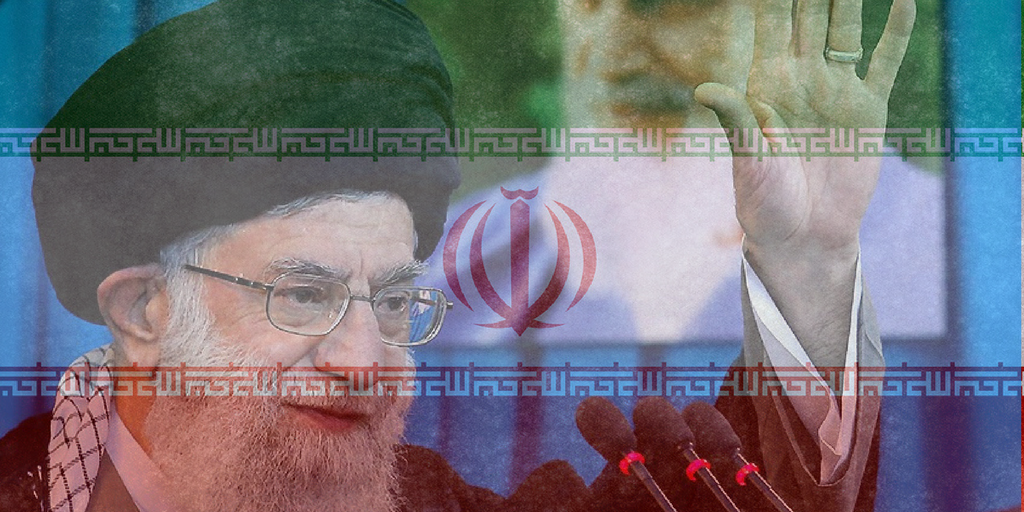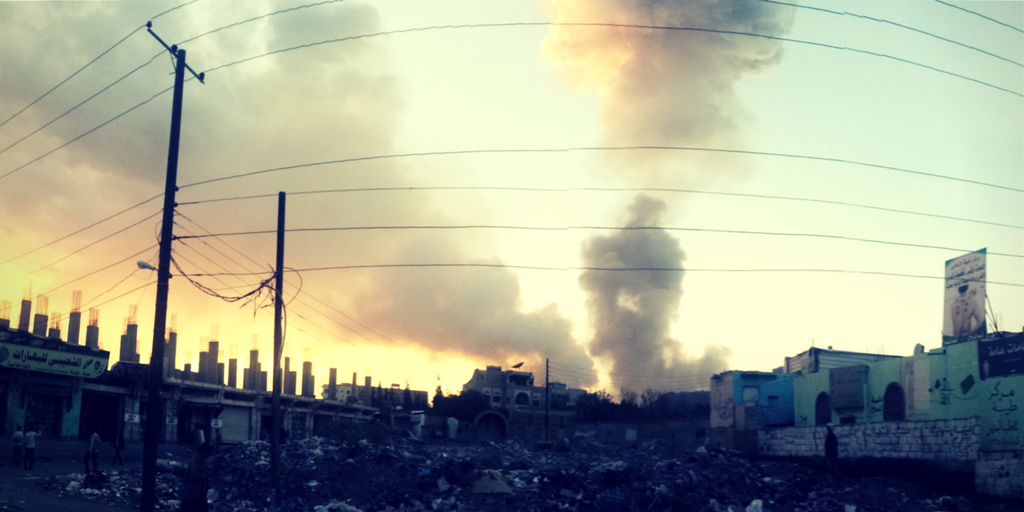The new alliance between Israel and the UAE as well as Bahrain has upended the Middle East in many ways. From technology and innovation partnerships to military drills and intelligence sharing, the Abraham Accords has made the countries involved the most powerful the region has seen.
None of this has been lost on the Iranians, who understand that despite Biden’s desire to jump back into the nuclear deal, there will be little he can do about the growing strength of the Sunni-Israel alliance.
This is why the Iranians are using Yemen as a forward battle against Saudi clout on the Arabian peninsula. This was clearly demonstrated when the new Saudi backed Yemen government arrived at the Aden airport only to be attacked by Iranian backed Houthis. 26 people were killed the triple bombing and more than 60 wounded.
The blasts were so loud they were heard in Israel.
The message from Iran is clear: Don’t think about joining the Abraham Accords.
China, Djibouti, and the Control Over The Red Sea
Although most observers have focused their attention on the Persian Gulf, Yemen has strategic value to Iran as rests across the Bab al-Mandab Strait from Djibouti. This is one of the most important choke points for shipping in the world. Freighters travel through Bab al-Mandab Strait and bring oil and other commodities to the West.
This is why China has gone out of its way to build up its base in Djibouti, effectively giving it an advantage in controlling the Red Sea. Furthermore, Beijing has gone out of its way to invest in Eritrea and Ethiopia, securing most of the Horn of Africa.
This is why Saudi Arabia and other Sunni states have long seen the war in Yemen as critical in keeping the Chinese-Iranian alliance to only one side of the Bab al-Mandab Strait.
Message to Israel
With Israeli arms sales and agri-tech development in Ethiopia and other countries on the Horn of Africa, Israel is hoping to keep pressure on Beijing to play fair by keeping the struggle economic.
Iran’s message to Israel is clear. Yemen may have a new government, but it still the Houthis that call the shots and with them the Red Sea and its shipping routes are up for grabs.
Iran is effectively using much of China’s investment in its Belt and Road Initiative to help build a net against Israel and her Sunni allies.
Yemen is critical in controlling both sides of the Bab al-Mandab Strait and with it, a crushing blow to peace in the region.





